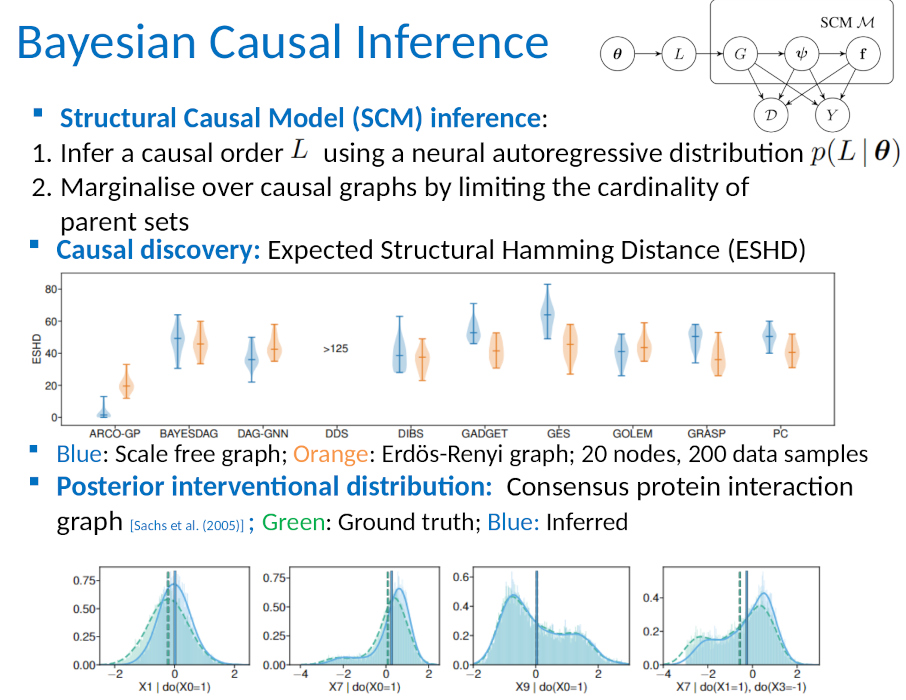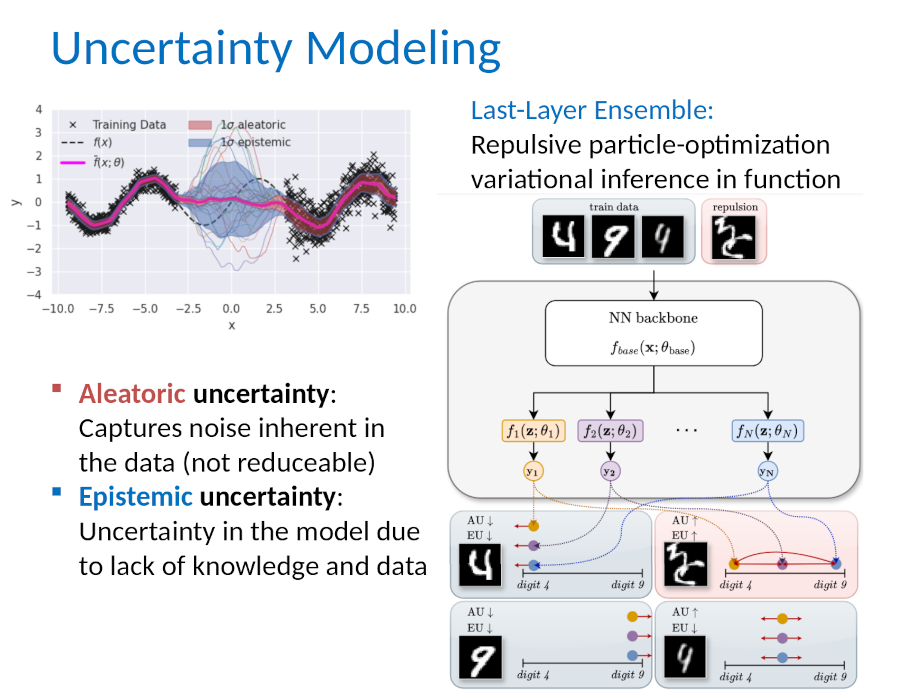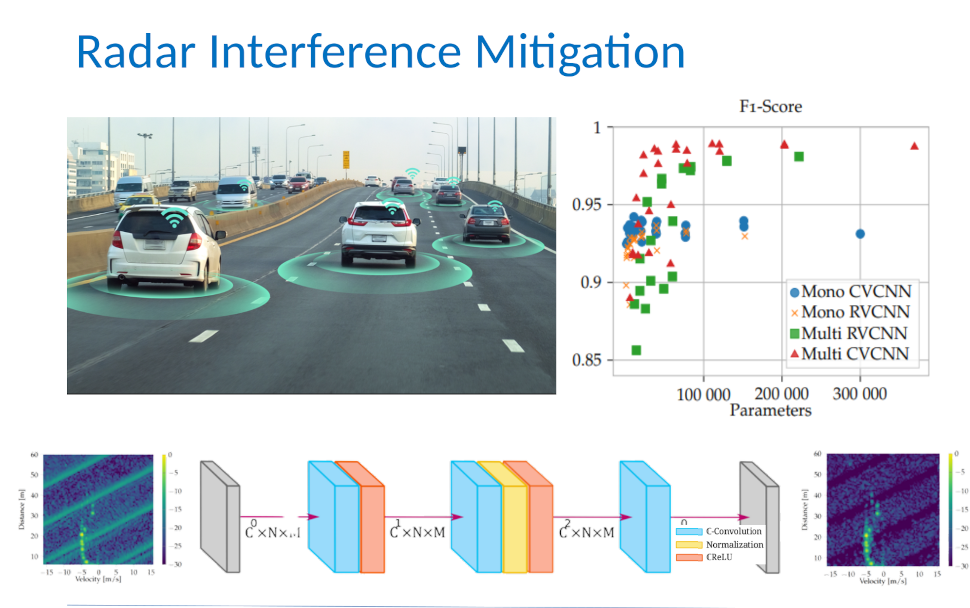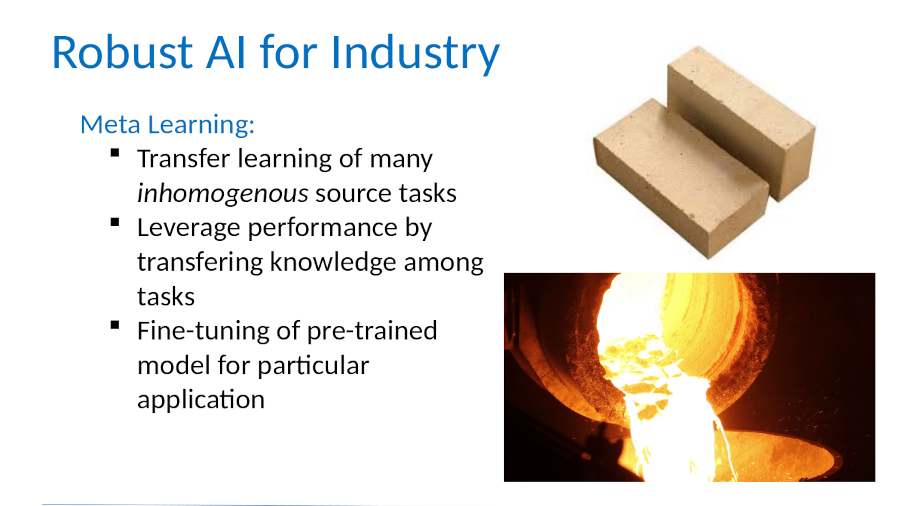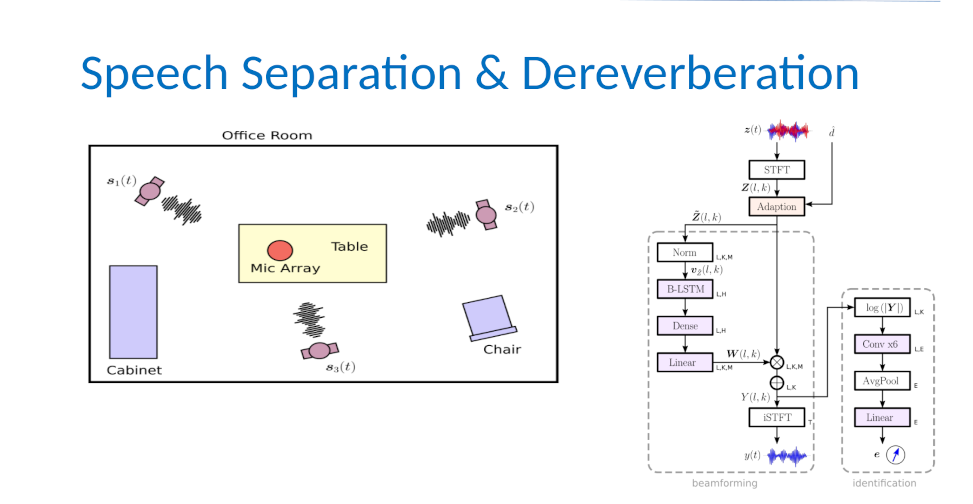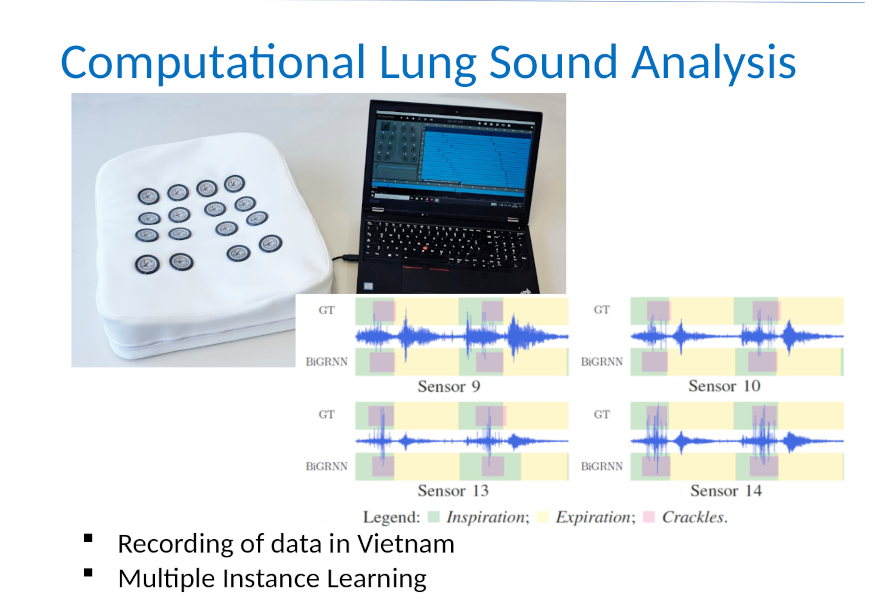Intelligent Systems
An intelligent system is able to perceive, learn, reason, and act in a prudent way. This involves various perception modalities such as input from cameras, microphones, sonar and other more exotic sensors. Furthermore, machine learning and pattern recognition techniques are important ingredients for reasoning under uncertainty in intelligent systems. One major aim is to extract relevant information from massive data in a semi-automatic fashion using computational and statistical methods. This interdisciplinary research is related to many fields throughout science and engineering, i.e., statistics, probability, and graph theory, optimization methods, logic, speech and image processing, control theory etcetera. The focus is on providing solutions for tasks where some kind of intelligence is inevitably essential. Application areas include bioinformatics, computer vision, natural language processing, speech processing, man-machine interfaces, expert systems, and robotics amongst others.

